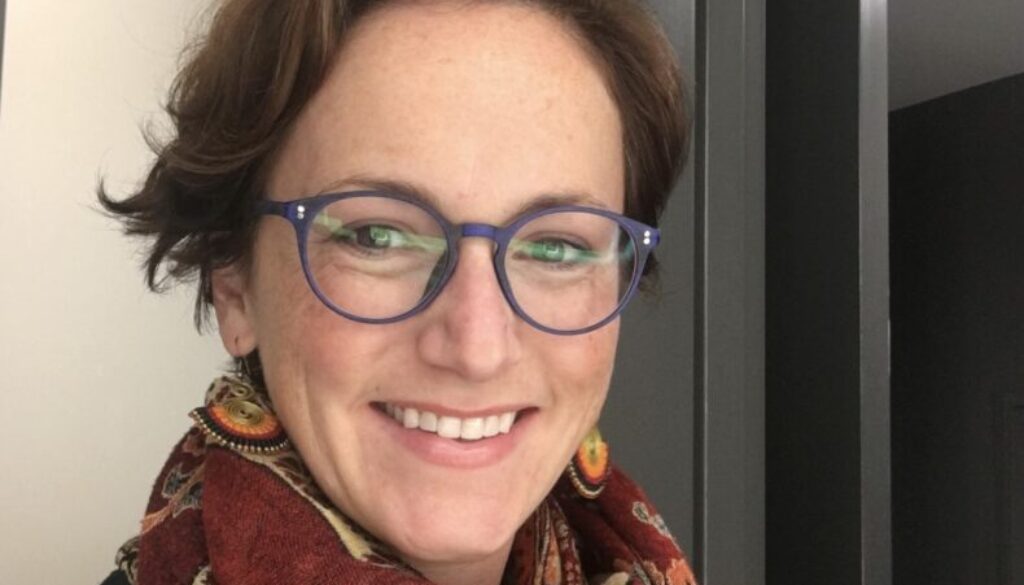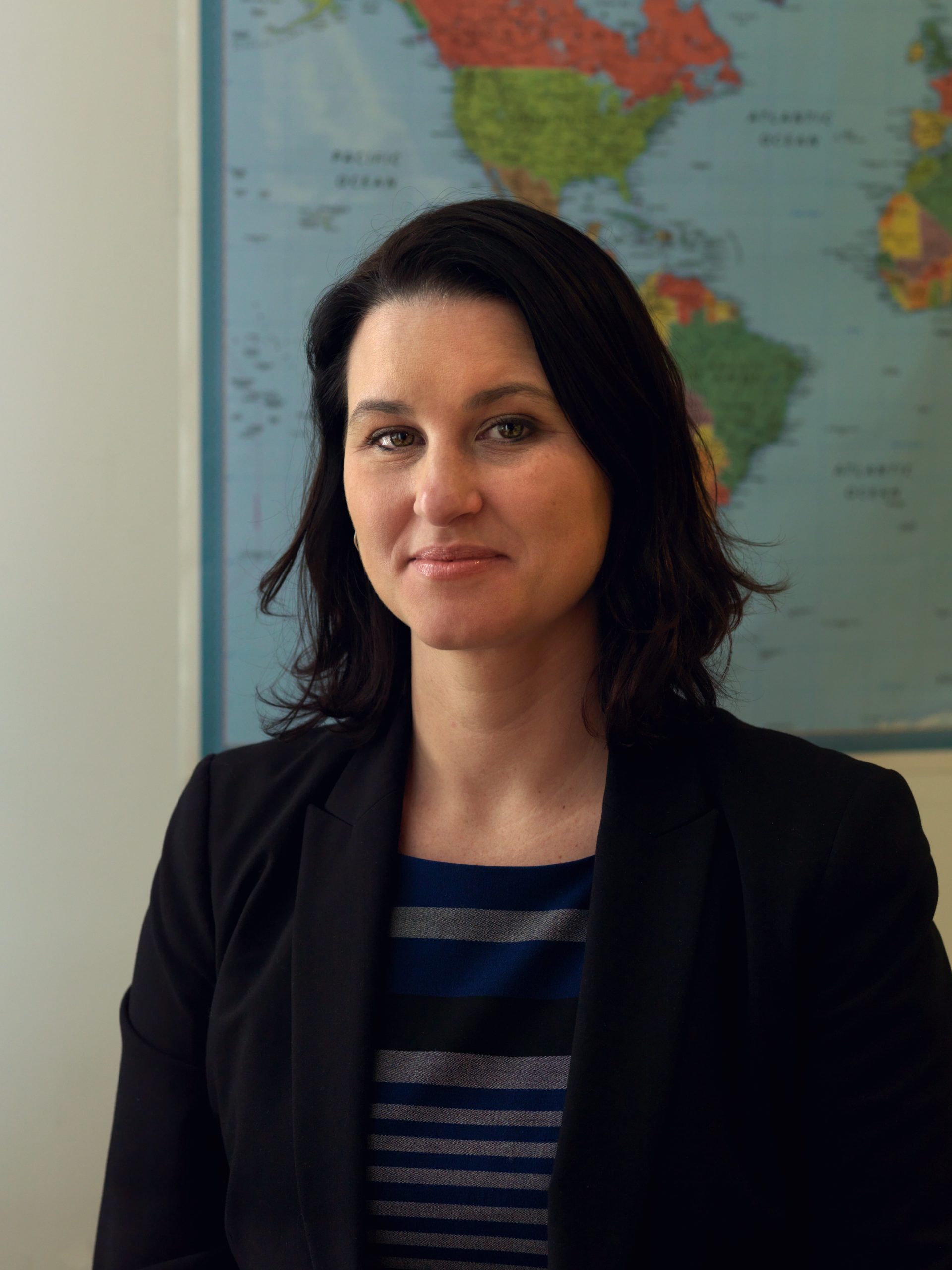Member of the Month: Christina Crabtree-Ide
Selena Ortiz, Tia Palermo, Muntasir MasumChristina Crabtree-Ide successfully defended her dissertation in March at the University at Buffalo (State University of New York) and her PhD in Epidemiology will be conferred in June 2020. Follow her on twitter: @Crabtride
Tell us about your professional journey and how you ended up studying Epidemiology.
After studying Public Policy in healthcare as an undergrad, I moved to China with the goal of learning medical Chinese and getting volunteer experience working in diverse healthcare settings. It was the year before the Beijing Olympics, so I ended up helping with some of the community health programming related to preparation for the Olympic Games. My work there introduced me to the potential of large-scale programming, and I began to move toward a population health focus.
When I moved back to the US, I completed my Masters in Public Health while working for a medical device and pharmaceutical company where I developed and implemented clinical and technical training programs. Through that work, I was able to observe healthcare systems all over the world and interact with patients, providers, and administrators facing very different pressures depending on their community and policy environments.
Throughout the MPH program, I gravitated toward the Epidemiology courses. For me, Epidemiology was a natural fit with my career goals because it facilitated identification of areas that impact population health. Epidemiology provides a toolkit of methods to be able to explore a wide range of issues and allows scientists to be able to be flexible in understanding the ever-changing needs of diverse populations.
What is the general focus of your current research?
My research focuses on understanding social and contextual factors that impact health and healthcare access, particularly in medically underserved areas. I apply implementation science principles with the aim of improving healthcare access among rural populations and cancer survivors. This work is inherently interdisciplinary; my dissertation in particular integrates epidemiology, sociology, economics, implementation science, and health services research.
Can you summarize for us something you’ve been working on recently?
There are myriad reasons that people living in resource-poor communities cannot or do not access the healthcare system. In the US, previous research has focused on many of these reasons separate from the others, e.g. individual-level risk factors, area economic deprivation, community-wide health behaviors and culture of health, regional policies and infrastructure.
In my dissertation work, I examined how individual-level characteristics, county-level infrastructure, and community attributes may interact to support or impede healthcare access.
The results suggest that the relationship between healthcare access and individual-level risk factors/patient-level indicators may be different depending on where the patient lives. For example, patient-level income and education may not be related to their healthcare utilization in communities with strong social infrastructure, clinical care capacity, and environmental characteristics. Whereas in communities with poor overall social and economic characteristics, poor community-wide health behaviors, and poor clinical care capacity, income and education may become important individual-level determinants of healthcare utilization.
Can you talk about how your work relates to the issues and concerns that are emerging as a result of the novel Coronavirus pandemic?
The pandemic has put enormous pressure on rural regions of the US, where population susceptibility factors are different and community attributes and county-level infrastructure and capacity vary widely. The impact of COVID-19 has highlighted the regional variation in healthcare systems and population needs and characteristics across the US.
Community programming has emerged to support at-risk populations as vulnerability to social and geographic isolation has been magnified. My dissertation work demonstrated that programming should be contextualized to specific communities and that risk factors for healthcare access may vary by place of residence. While the focus of my dissertation is on access to routine primary care, the need for context-specific multi-level interventions throughout the course of this pandemic is likely and should be further explored.
Why did you decide to become a member of IAPHS, and how does IAPHS help you to advance the work that you do?
I am excited about the prospect of collaborating with and learning from researchers with a similar goal of improving population health and reducing health disparities. Learning from others in an interdisciplinary space helps me generate hypotheses and address problems from a wide range of perspectives, hopefully better addressing health-related needs.
Favorite movie, band, non-fiction, book, etc.:
My favorite author is Margaret Atwood, and dystopian fiction in general as a genre. Though these days A Gentleman in Moscow by Amor Towles about a man confined to a single building for the foreseeable future and his ability to celebrate life’s journey was a particularly timely and heartwarming read.








All comments will be reviewed and posted if substantive and of general interest to IAPHS readers.